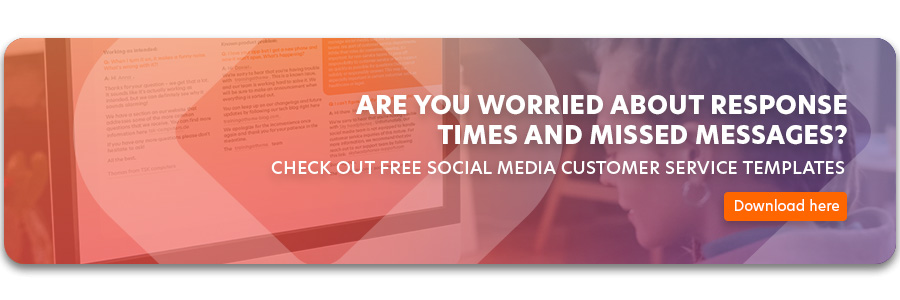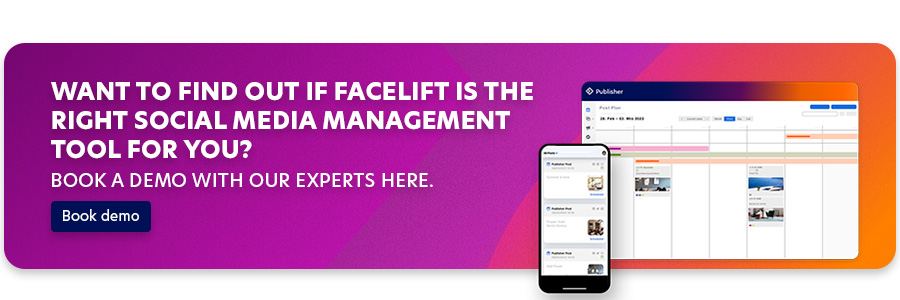Guide
Social Media Customer Service Templates
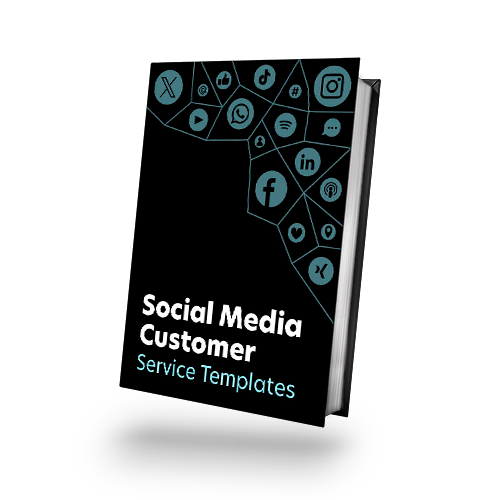
For businesses using social media for marketing and community-building campaigns, managing engagement may have become a routine affair. While your social media team may possibly be on top of it, it also comes with a great deal of responsibility and time.
Grab your social media response templates, and you'll receive the following:
- Customizable templates so you can fill in the blanks with your company's information
- Localized and written by native English speakers
- Tips, tricks, and reminders for good social media customer service
- Blank templates you can use to fill out your own
Most comments and messages that community managers deal with on a regular basis tend to be a similar set of frequent questions. These routine inquiries take time to manage individually, and a team on a tight schedule needs to save all the time they can while still providing quality engagement with their followers or customers.
In these cases, it can be useful to have pre-written responses that can be copied and pasted. Take advantage of our easy template responses that you can use and adapt to your own company's needs.
All template responses can be changed as needed and have been composed by native English speakers for clarity. Responses are moderately generic in nature, making them suitable for most routine purposes.
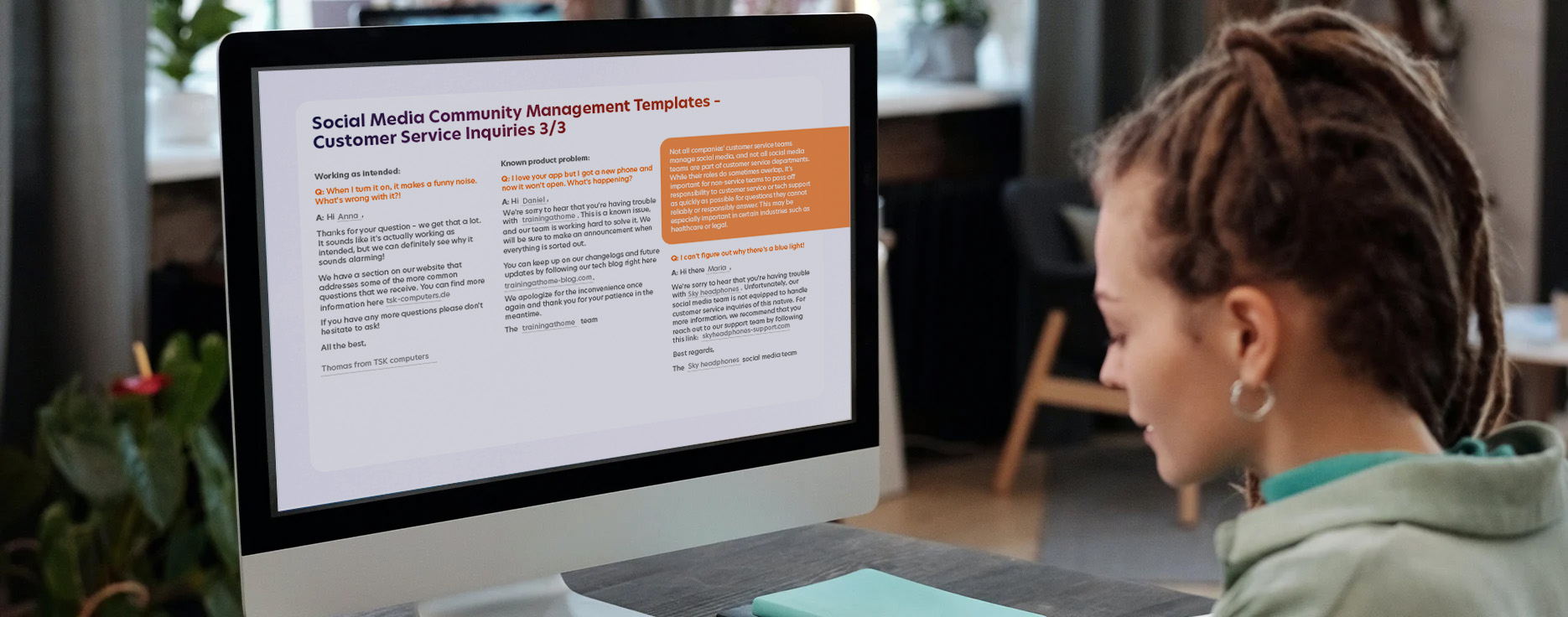
Who are these templates for?
- Customer service teams handling their company's social media activities
- Dedicated social media managers looking to save time on common, simple inquiries
- International teams looking for uniform English responses crafted by native-speaking social media managers.
- Team leads looking to create custom social media responses for their teams.
- Basic training guidelines for new or less experienced team members

How to use these templates
Simply fill out the blank boxes in this document with information that is specific to your company or product. These spaces include things like names, products, salutations, etc.
Or, use the blank templates at the bottom of this guide to craft your own unique responses.
Then, ensure that your social media management team has quick access to this document or a copy for easy use.
If you choose not to use these as a copy-and-paste solution, these templates can be used simply as inspiration or guidelines when writing your English responses. Likewise, training managers may find them useful for giving newer team members some tried-and-true, "safe" material to work with while they get settled into their new positions.

What are B2B and B2C?
B2B and B2C are common industry buzzwords that you have likely heard already. But, just to clarify what they mean and how they can affect your social media customer service, here is an overview and a few examples.
B2B and B2C are Business to Business and Business to Consumer, respectively.
As implied, B2B companies supply services to other companies and can include but are not at all limited to:
- Agencies for marketing, PR, advertising, and similar
- Data collection agencies
- Information technology services**
- Corporate legal aid
- Financial institutions that cater to businesses and organizations rather than individuals
- Financial institutions that cater to businesses and organizations rather than individuals
- Some heavy industries and raw materials producers (wood, iron, steel, or rare earth minerals)
- SaaS companies that cater to businesses
- Construction and architecture
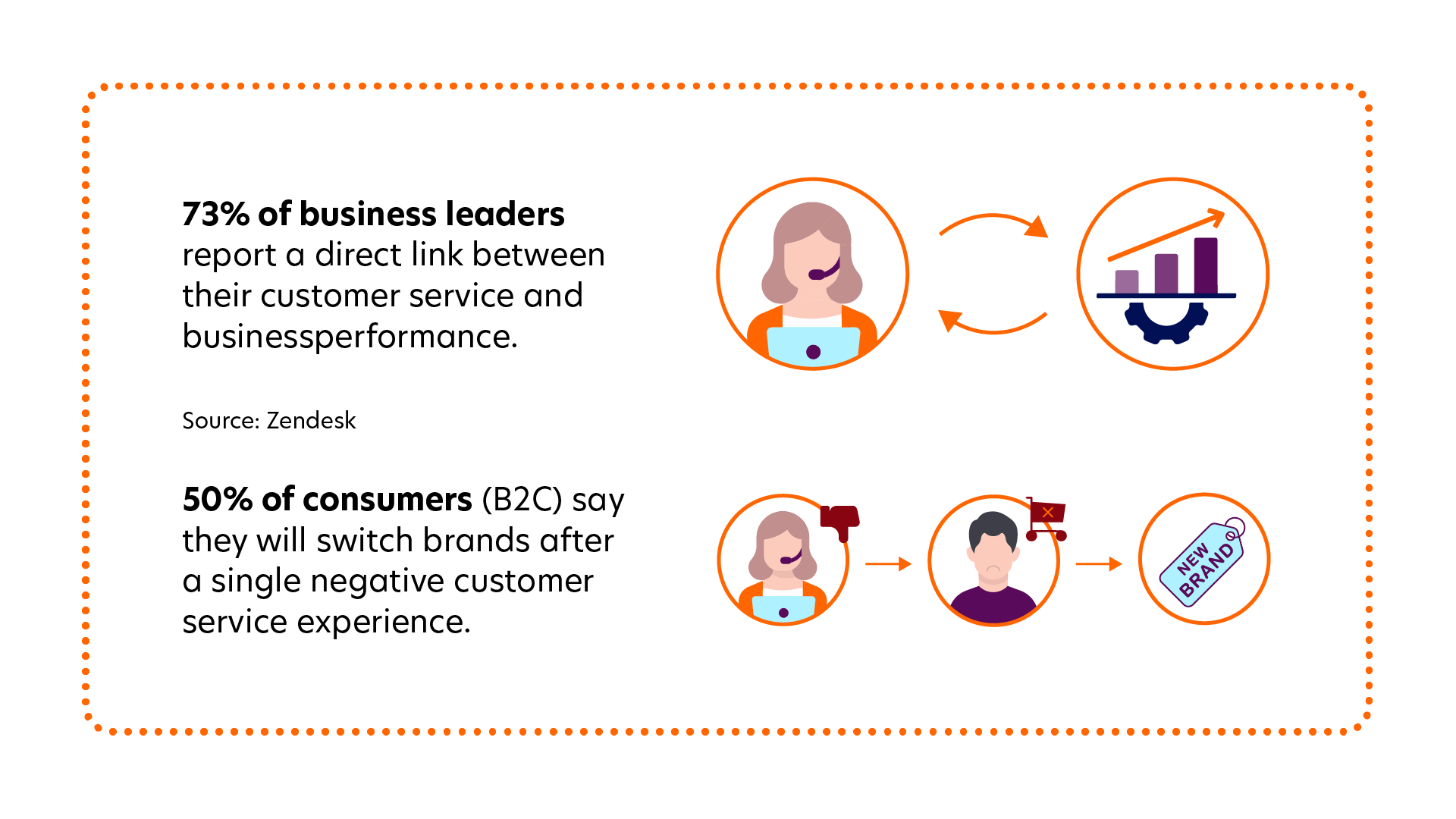
- B2C companies, on the other hand, market and sell products or services directly to consumers. These usually include industries such as:
- Retail
- Electronics (phones, computers, or other personal devices).**
- Consumer goods (toilet paper, soap and shampoo, pet products).**
- Food and beverages (grocery, restaurant, alcohol)**
- Hotels and hospitality
- Medical services, supplies and pharmaceuticals
- Luxury goods (jewelry, haute couture clothing, accessories, art)
- Travel and transportation (aviation, vehicle rental, trains, tourism)
- Household items (furniture, bedroom items, décor
- Automotive**
- Utilities (electricity, internet, recycling)**
** Indicates that the product is "B2E", or business to everyone. These products and services could be used by either businesses or consumers. For example, electronics such as computers are both personal devices purchased by individual customers or in larger quantities by companies or organizations. Likewise, the automotive industry creates vehicles for any range of organization, whether it's private cars or construction vehicles.
Conclusion
A personal touch when dealing with comments and messages on social media can still be preferable to pre-generated responses, and we would never want to discourage you from creating high-quality, dedicated replies that make your followers feel cared for.
But when your customer service or social media teams are facing a high volume of similar, repetitive, or very basic questions and just don't have the time to write individual responses to every one of them, make sure they have a copy of this guide.
Furthermore, these standards can be a great way to acquaint new employees with your conversational style.
It's important to remember that tone can be everything. Your customer service and social media team(s) should be unified on how you respond to comments and messages on social media. This tone can vary greatly from company to company; some are extremely formal, and others are humorous and ultra-casual.
A few other basic things to remember:
- Think about how you'd like to be treated by a customer service team on social media.
- Always try to find a helpful response that provides specific links or, if reasonable, offers to investigate specific inquiries yourself.
- The customer does not know what's going on in your office.
- They probably don't hate you; they're just grumpy, and that's likely not your fault!
Request a
demo today
Discover social media orchestration at its finest. Receive a custom-tailored introduction to Facelift, see how it can activate your company's potential, and find your success on social.
Find out about:
Orchestration
Streamline every aspect of your social media strategy end-to-end.
Collaboration
Empower your team with advanced collaboration, flexible user controls for complex team structures, and data security compliance.
Powerful analytics
Leverage robust data capabilities to track KPIs with precision and inform decisions that drive your social media presence.
